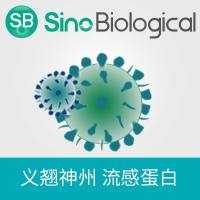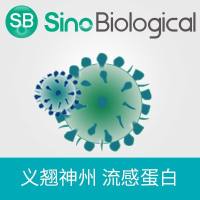Cell Protection by Inhibition of iNOS Through Lentiviral Vector-Based Strategies
互联网
596
Cytoprotective gene transfer to pancreatic islet β cell s may prove useful in preventing their destruction and prolonging islet graft survival after transplantation in patients with type 1 diabetes mellitus. A host of therapeutically relevant transgenes may potentially be incorporated into an appropriate gene delivery vehicle and used for islet modification. To examine this, we utilised a robust model of cytokine-induced β cell pathophysiology. Using this model, it is clear that antioxidant gene transfer confers no cytoprotective benefit. In contrast, we demonstrated that gene-based approaches to inhibit the activation of NF-κB following cytokine exposure harbours therapeutic utility in preserving islet β cell viability in the face of cytokine toxicity. We identified that NF-κB-dependent induction of iNOS is a critical determinant of β cell fate following cytokine exposure. Having identified the pivotal role of iNOS activation in cytokine-induced β cell pathophysiology, lentiviral vectors may be used to efficiently deliver small interfering RNA molecules to confer efficient iNOS gene silencing. We have shown that lentiviral vector-based shRNA delivery holds significant promise in preserving β cell viability following cytotoxic cytokine exposure.









